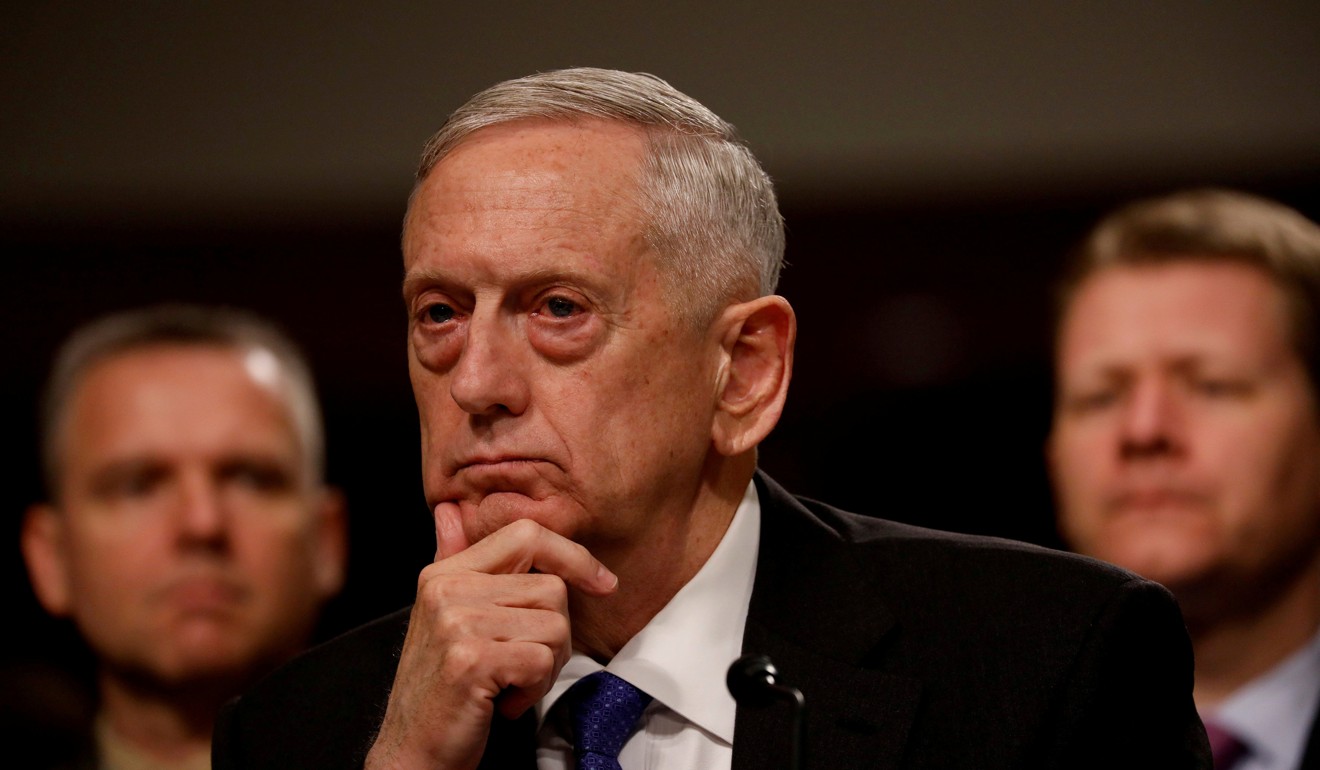
US looking at restricting Chinese investment in artificial intelligence on security grounds
The United States appears poised to heighten scrutiny of Chinese investment in Silicon Valley to better shield sensitive technologies seen as vital to US national security, current and former US officials said.
Of particular concern is China’s interest in fields such as artificial intelligence and machine learning, which have increasingly attracted Chinese capital in recent years. The worry is that cutting-edge technologies developed in the United States could be used by China to bolster its military capabilities and perhaps even push it ahead in strategic industries.
The US government is now looking to strengthen the role of the Committee on Foreign Investment in the United States (CFIUS), the inter-agency committee that reviews foreign acquisitions of US companies on national security grounds.
An unreleased Pentagon report warns that China is skirting US oversight and gaining access to sensitive technology through transactions that currently don’t trigger CFIUS review. Such deals would include joint ventures, minority stakes and early-stage investments in start-ups.
“We’re examining CFIUS to look at the long-term health and security of the US economy, given China’s predatory practises” in technology, said a Trump administration official, who was not authorised to speak publicly.
Defence Secretary Jim Mattis weighed into the debate on Tuesday, calling CFIUS “outdated” and telling a Senate hearing: “It needs to be updated to deal with today’s situation.”

CFIUS is headed by the Treasury Department and includes nine permanent members including representatives from the departments of Defence, Justice, Homeland Security, Commerce, State and Energy. The CFIUS panel is so secretive it normally does not comment after it makes a decision on a deal.
Under former President Barack Obama, CFIUS stopped a series of attempted Chinese acquisitions of high-end chip makers.
Senator John Cornyn, the No 2 Republican in the Senate, is now drafting legislation that would give CFIUS far more power to block some technology investments, a Cornyn aide said.
“Artificial intelligence is one of many leading-edge technologies that China seeks and that has potential military applications,” said the Cornyn aide, who declined to be identified.
“These technologies are so new that our export control system has not yet figured out how to cover them, which is part of the reason they are slipping through the gaps in the existing safeguards,” the aide said.
The legislation would require CFIUS to heighten scrutiny of buyers hailing from nations identified as potential threats to national security. CFIUS would maintain the list, the aide said, without specifying who would create it.

Cornyn’s legislation would not single out specific technologies that would be subject to CFIUS scrutiny. But it would provide a mechanism for the Pentagon to lead that identification effort, with input from the US technology sector, the Commerce Department, and the Energy Department, the aide said.
James Lewis, an expert on military technology at the Centre for Security and International Studies, said the US government is playing catch-up.
“The Chinese have found a way around our protections, our safeguards, on technology transfer in foreign investment. And they’re using it to pull ahead of us, both economically and militarily,” Lewis said. “I think that’s a big deal.”
But some industry experts warn that stronger US regulations may not succeed in halting technology transfer and might trigger retaliation by China, with economic repercussions for the United States.
China made the United States the top destination for its foreign direct investment in 2016, with US$45.6 billion in completed acquisitions and greenfield investments, according to the Rhodium Group, a research firm. Investment from January to May 2017 totaled US$22 billion, which represented a 100 per cent increase against the same period last year, it said.
“There will be a significant push back from the technology industry” if legislation is overly aggressive, Rhodium Group economist Thilo Hanemann said.

Research firm CB Insights says it has tracked 29 investors from mainland China investing in US artificial intelligence companies since the start of 2012.
China has made no secret of its ambition to become a major player in artificial intelligence, including through foreign acquisitions.
Chinese search engine giant Baidu launched an AI lab in March with China’s state planner, the National Development and Reform Commission. In just one recent example, Baidu Inc agreed in April to acquire US computer vision firm xPerception, which makes vision perception software and hardware with applications in robotics and virtual reality.
“China is investing massively in this space,” said Peter Singer, an expert on robotic warfare at the New America Foundation.
The draft Pentagon report cautioned that one of the factors hindering US government regulation is that many Chinese investments fall short of outright acquisitions that can trigger a CFIUS review. Export controls were not designed to govern early-stage technology.
It recommended that the Pentagon develop a critical technologies list and restrict Chinese investments on that list. It also proposed enhancing counter-intelligence efforts.
The report also signalled the need for measures that fall beyond the scope of the US military. Those include altering immigration policy to allow Chinese graduate students the ability to stay in the United States after completing their studies, instead of taking their know-how back to China.
Venky Ganesan, managing director at Menlo Futures, concurs about the need to keep the best and brightest in the United States.
“The single biggest thing we can do is staple a green card to their diploma so that they stay here and build the technologies here – not go back to their countries and compete against us,” Ganesan said.

